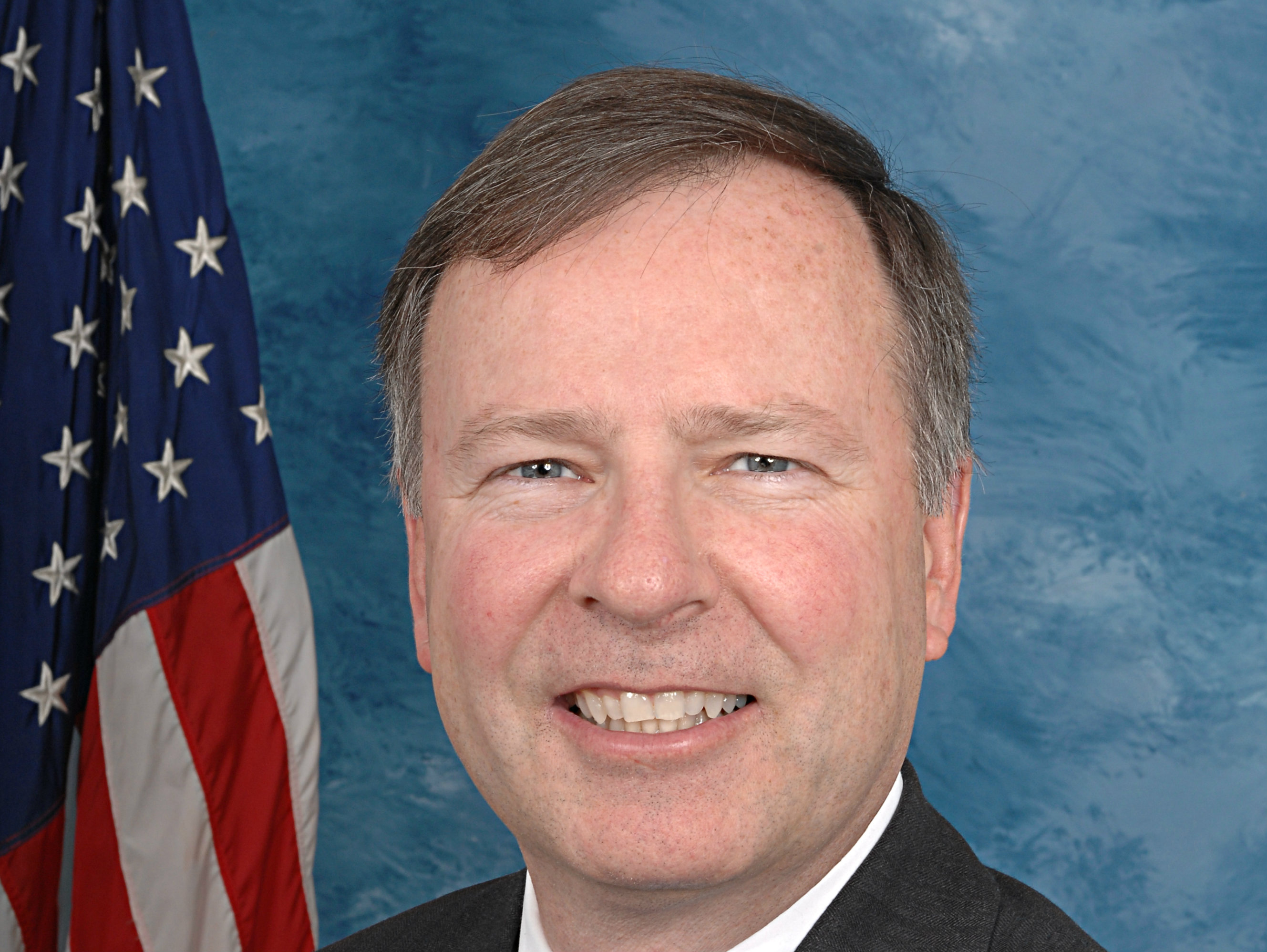
Misty Plowright has spent her whole life fighting.
“I came from a broken home. I came up dirt poor. I should’ve been in jail or dead by the time I was in my mid-20s. I’m (transsexual).”
Born a boy and carrying a boy’s name through her youth, Plowright struggled with gender identity issues growing up in Arkansas. So much so, she attempted suicide several times. Now, the 33-year-old IT consultant is running for Congress, trying to unseat Republican Rep. Doug Lamborn in Colorado’s very conservative 5th Congressional District. Plowright’s decision to run was largely inspired by Bernie Sanders, whose presidential candidacy she said proves “you can run an honest… ethical campaign.”
Honesty, Plowright maintains, is the backbone of her campaign. She’s upfront about being a transgender woman. She’s also honest about something else that piques curiosity – she’s in a polyamorous relationship. She’s married to a woman and they share a bed with a male partner.
Plowright wishes more politicians would be as upfront about their personal lives.
“If something comes out in the open they have to lie about everything, they absolutely must lie about everything. Why? Just be honest. It doesn’t make any sense to me,” she said.
It’s who she is. Eleven years ago, she followed a friend who was going through the gender transition process to Colorado. Her own transition included surgeries, other treatment and going shopping for a new name – one that her mother is a little jealous of – Misty Dawn.
“You can probably trust that I’m not going to lie about crap because if I’m not going to lie about this, what the hell would I lie about?”
Plowright’s candidacy is being heralded by some as a major accomplishment for the gay and transgender community. Daniels Ramos, the executive director of nonprofit LGBTQ advocacy group One Colorado, said her campaign is a victory regardless of the outcome.
“One of the things we know is that only one in 10 people in the United States know someone who is transgender,” Ramos said. “So, the more that we can introduce transgender people to all people across this country and the more that people can meet misty as a transgender candidate is a huge, huge win.”
Plowright defeated her opponent in the Democratic primary by 16 points, but the general election will be a whole other ballgame. The district primarily consists of Colorado Springs and as Bob Loevy, a retired Colorado College political science professor points out, “Democrats have had difficulty recruiting good candidates to run” here.

The 5th Congressional District was drawn in 1970 to favor Republicans, Loevy said. Lamborn, who did not want to comment for this story, has held the seat since 2007. No Democrat has garnered more than 40 percent of the vote in any challenge to him.
Loevy doesn’t think Plowright can overcome history and he thinks she knows that.
“I think quite frequently people run for office with a different motive than winning,” he said. “People run for office sometimes to dramatize an issue or to present a new set of ideas.”
Jeff Crank, a local conservative radio talk show host for KVOR, has twice-challenged Lamborn in the primaries. He hasn’t had a lot of people calling in to talk about this race because it’s viewed as an afterthought. It’s because of the perceived lack of competitiveness and that so many people are focused on the presidential race.
“I think if you went out and asked 100 people on the street ‘who is the Democratic nominee for the 5th Congressional District,’ maybe one person would know that,” he said. “I just don’t think anybody is paying attention to that right now.”
Crank thinks Plowright’s candidacy – as well as that of another transgender woman running for Congress in Utah – is nothing more than a publicity stunt.
“Let’s put up two transgendered candidates as Democrats in seats that don’t really matter and we know the Democrat is not going to win…” he said.
Crank doesn’t know how Plowright’s gender identity will play with conservative voters. But it’s really her views on issues that will matter more.
“Hopefully people will look at this and say it doesn’t matter really who the candidate is,” he said. “How are you going to vote on supporting our military? What are you going to do on the budget deficit? Are you for bigger or smaller government? I think that’s how most people are going to decide who they’re going to vote for.”
Plowright said that’s exactly why she’s in the race, to talk about the issues. She said neither her transgender identity nor questions about polyamory come up very often in her interactions with voters. If it does, it’s out of curiosity, never as “this is a terrible, evil horrible thing and you’re a bad person” who they’ll never support.
“A lot of people don’t like identity politics,” Plowright said. “They want to know what I think about taxes, about guns, about property rights, about jobs, about veterans’ issues, about health care.”
Well aware of the odds facing her, Plowright refers back to her life growing up. How she left Arkansas, served in the Army as an information systems officer, and later worked for Microsoft in Seattle, a lifelong dream. How difficult it was coming to grips with her gender identity.
“Trans people don’t live long,” she said. “And I think the statistic is something like half of trans people have attempted suicide at some point in the past. And I’m in that group.”
“I’ve already beaten the odds just by still being alive.”









